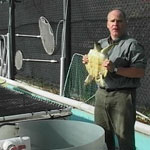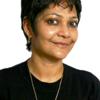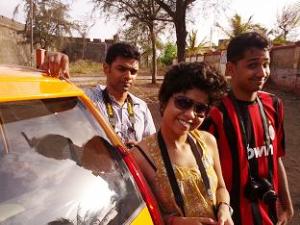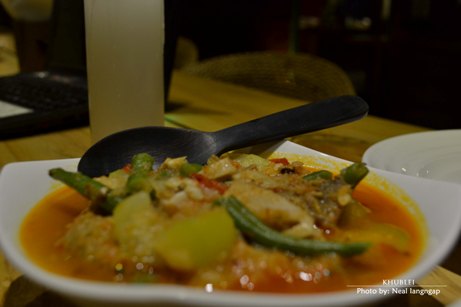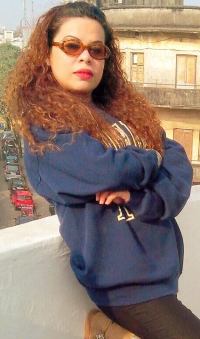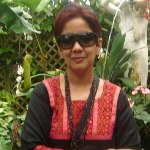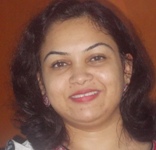Nabina Das’s poems create infinite spaces and worlds within worlds. While some of the poems are crafted meticulously where there is a distancing between the poet and the subject matter and could well remind the reader of a Philip Larkins or a Ted Hughes, many others are very personal and emotional without being the bane of much bad poetry – mawkishly sentimental.
The one aspect that continually haunts you in her poetry is the exploration of language and semantics. This is not a mere jugglery with words but the possibilities of language in poetry, without making things arcane are present in her poems, suggestive, elemental, riot of colours and an embedded sensuousness. The poet straddles two worlds – the oriental and the occidental, dotted with the lives of both the ordinary and the extraordinary. The poems also are a fusion of colours, light and darkness. In “Blue Vessel”, Nabina sets out to chart her own course of poetry and poetic idioms which create the element of surprise. Yet at the end of each poem there is equipoise and equanimity, the excitement of reading excellent poetry beautifully crafted, poetry that is rhythmic and melodic.
The exploratory use of language is perhaps the hallmark:
“Shadows quarter the rain
You’re wrapped in yourself
The street flows on. Slivers”
(Water on Ink)
This continues throughout the poems like as she says in the poem Cipher: “This sudden what – to – do”. This is the ‘thisness’ in her poetry – the what to do. Language is not the semantic end in her poetry but a means to great heights of poetic surrealism:
“his hands were on mine and the light was green from dawn or perhaps the cooing of his mouth”.
(searching that light, that room). Realism and meta language blend in her poetry giving it an aesthetic coherence and the very logic that poetry finely represents. The words are carefully crafted, beautifully structured and explored to their innermost resources. This is the joy one experiences while reading her cadenced and lyrical poems. The language question is something that obsesses me in her poems. Take for example these lines:
“I, also your face in the frames-
Names we gave each other
In March’s mellow grace, may stare
At the vernal bloom’s trickle anew
in the drains beginning to flow”
(Somewhere, Circa Unknown).
It is not only a question of experimental language or a cleverness that is present but the exploratory horizons of language in poetry is never lost sight of, thereby bringing an incredible suggestibility in her poetry. This is the language of discovery, sheer lyrical delight poised with metaphorical allusions:
“Two by two
Leaf lanes
The meaning sleeps”
(Native Stories)
One is also swept away by the sheer lyrical brevity of her poems. Consider this:
“Get your lover to take you away, fly oh fly
Get your mother to not have the fourth baby
Get your father to stop drinking out his guts
Get your heart to stop counting skipped beats”
(Ten-feet-by-ten-feet)
Likewise in “Blue Vessel” she says:
“Like Pablo Neruda
I want the body of an island”
This implosive feature of her poetry is what stuns the reader into a daze and interpretative ‘meanings’.
The narratives in her poems are internal and also external descriptions of life, colour, sound, sights and smells. “Poetry Forms” is a brilliant example of probing the depths of language, a poem about a poem to put it naively:
“Wonder what witch
Was it that
stirred a mix
-ture of petals
Opium poppy
and other leaves”
Nabina Das’s poetry constantly looks at opposites and their reconciliation. This is the dialectic:
“To shed winter clothes and wear spring
Is not easy”
(In Spite of Our Bad Days’ Splits)
If great poetry is “to see the world in a grain of sand” then Nabina’s poetry brilliant, elemental and rhapsodic, says it all.
Find us on facebook: facebook.com/TheThumbPrintMag
BLUE VESSEL - Poems
By NABINA DAS
Les Editions Du Zaporogue, Denmark
$ 4.08
Pages: 53












